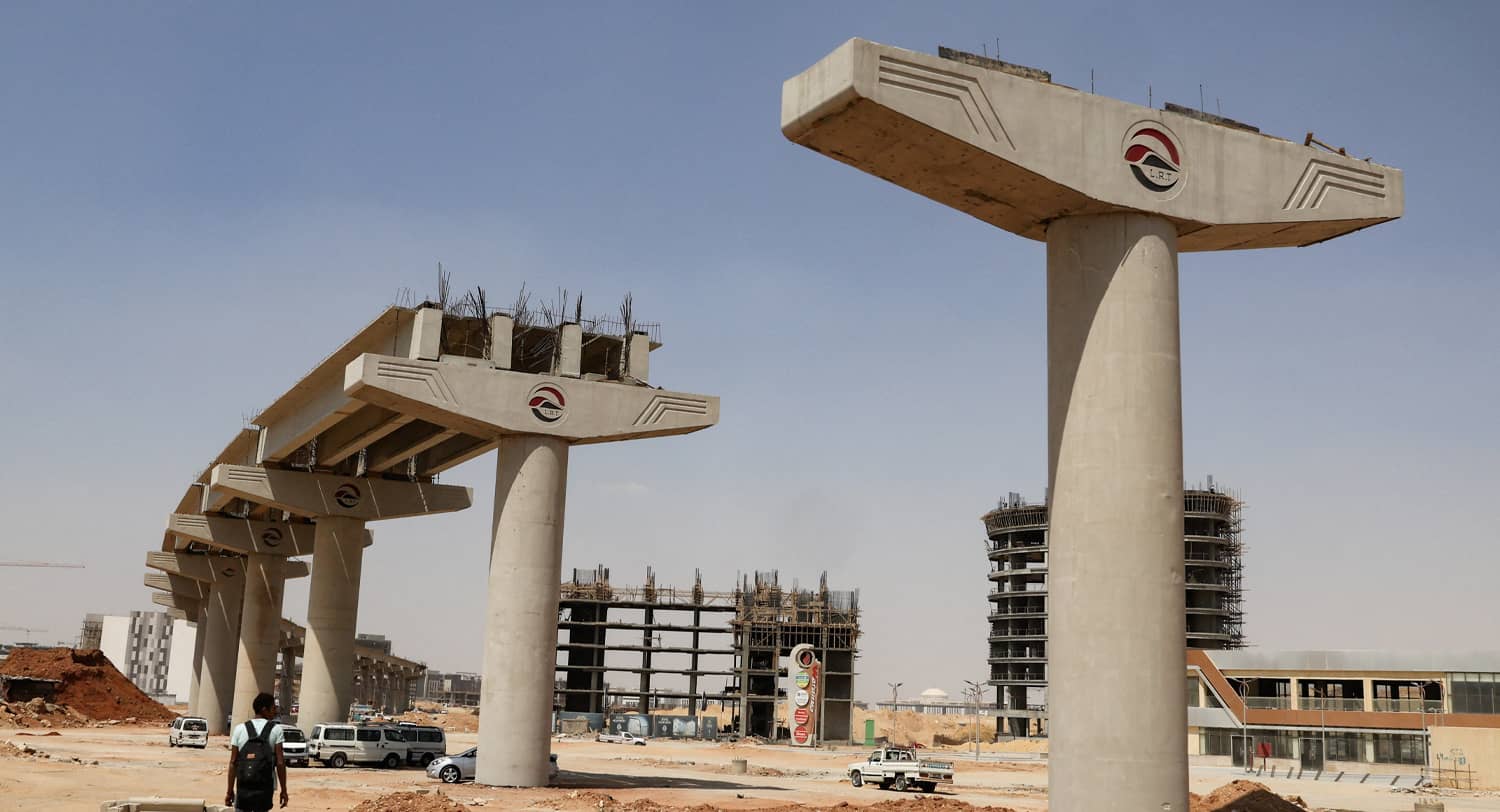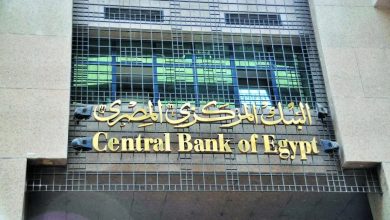Egypt’s Economic Crisis Deepens: A Look at the Causes and Implications

Egypt’s Creditworthiness in Question
The credit rating agency “Capital Intelligence” has downgraded Egypt’s long-term debt in both local and foreign currency. This move directly impacts Egypt’s creditworthiness, reflecting growing concerns about the nation’s economic stability.
The agency has lowered Egypt’s long-term debt rating in local and foreign currency to “B” from “+B”, adjusting the future outlook from negative to stable. This matches the short-term debt rating, which also stands at “B”.
Why the Downgrade?
Several reasons contribute to this decision:
- Economic Uncertainty: The Egyptian economy is experiencing volatility, with increasing risks associated with foreign financing. This is due to the country’s rising external financing needs and threats to the adequacy and timing of financing flows.
- Economic Reforms: The slow pace of economic reforms, the continued existence of multiple foreign exchange rates, and the modest progress of asset privatization initiatives.
- Investor Confidence: All these factors negatively impact investor confidence, potentially affecting direct foreign investment flows and payments from multilateral and bilateral lenders. This weakens the government’s ability to service its external obligations.
The Bigger Picture
Egypt’s economic challenges are manifold. The country grapples with a persistent foreign currency shortage, significantly high inflation rates, and ongoing weaknesses in public finance. This includes extremely high debt levels, a weak budgetary structure, and a very high debt service.
The agency highlighted that Egypt faces a crisis in securing essential foreign financing. Gulf countries have linked their aid to progress in the privatization program. The unattractiveness of many assets on sale and the external debt amounting to 43% of the GDP further complicate matters.
Debt Figures and Implications
Egypt’s external debt has soared to $165.361 billion by the end of March 2023, a stark increase from less than $40 billion in 2015. Egypt needs to repay $55.2 billion (deposits and debt service) from March 2023 to March 2024, according to recent data from the World Bank.






